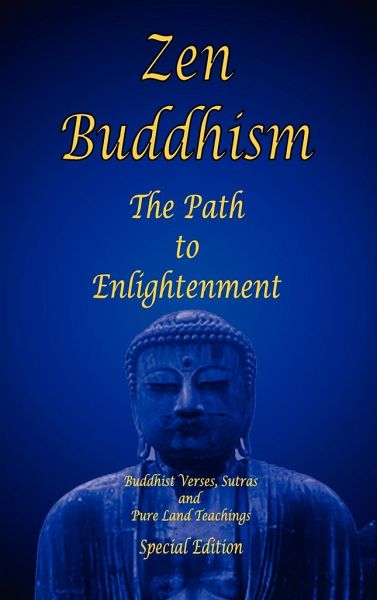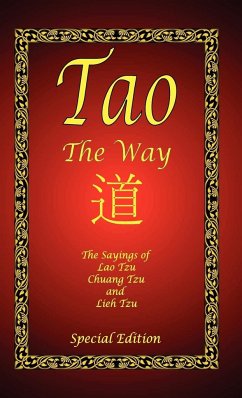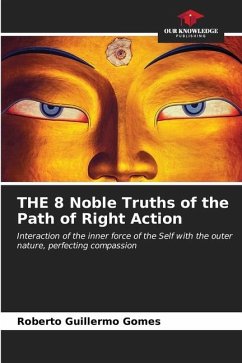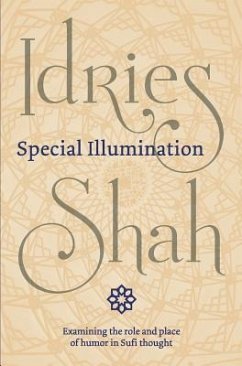Nicht lieferbar

Zen Buddhism - The Path to Enlightenment - Special Edition
Versandkostenfrei!
Nicht lieferbar
Siddhartha Gautama, the great Indian philosopher, is believed to have attained Enlightenment sometime in the middle of the 5th century before the Common Era, while meditating under a Bodhi tree. From that time of Enlightenment until his death, by which he entered Nirvana, he traveled by foot around the countryside of India, teaching others his philosophy of the Middle Path. The foundations of Buddhist tradition and practice are often called the Three Jewels: the Buddha, the Dharma (teachings), and the Sangha (community). Presented in this modern special edition is a unique selection of the anc...
Siddhartha Gautama, the great Indian philosopher, is believed to have attained Enlightenment sometime in the middle of the 5th century before the Common Era, while meditating under a Bodhi tree. From that time of Enlightenment until his death, by which he entered Nirvana, he traveled by foot around the countryside of India, teaching others his philosophy of the Middle Path. The foundations of Buddhist tradition and practice are often called the Three Jewels: the Buddha, the Dharma (teachings), and the Sangha (community). Presented in this modern special edition is a unique selection of the ancient texts which would follow the path of the Silk Road from India to China to Japan, and evolve into the school of thought known today as Zen Buddhism. This path follows the Indian Mahayana verses from the Dhammapada, to a collection of Buddhist sutras (scriptures) transcribed from Chinese texts, and finally concludes with the Threefold Lotus, the three Pure Land sect sutras favored in Japan. Excerpt from Zen Buddhism - The Path to Enlightenment - Special Edition Reprinted by permission - All rights reserved. The Buddha said: "There are two aims which he who has given up the world ought not to follow after - devotion, on the one hand, to those things whose attractions depend upon passions, a low and pagan ideal, fit only for the worldly-minded; ignoble, unprofitable; and the practice on the other hand of asceticism, which is painful, ignoble, and unprofitable. "There is a Middle Path discovered by the Tathagata- a path which opens the eyes, and bestows understanding, which leads to peace, to insight, to the higher wisdom, to Nirvana. It is the Noble Eightfold Path..."













